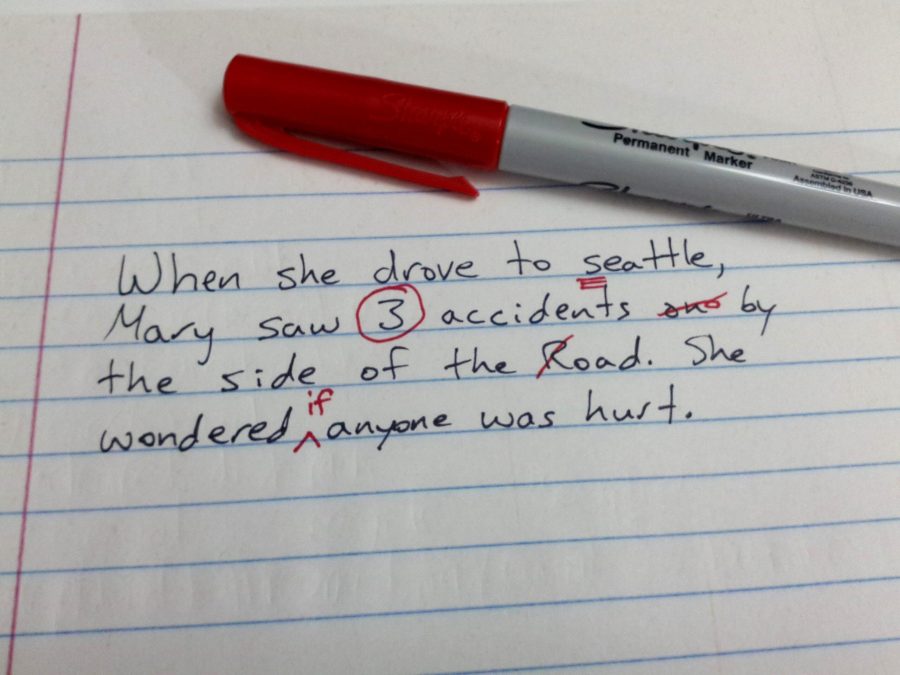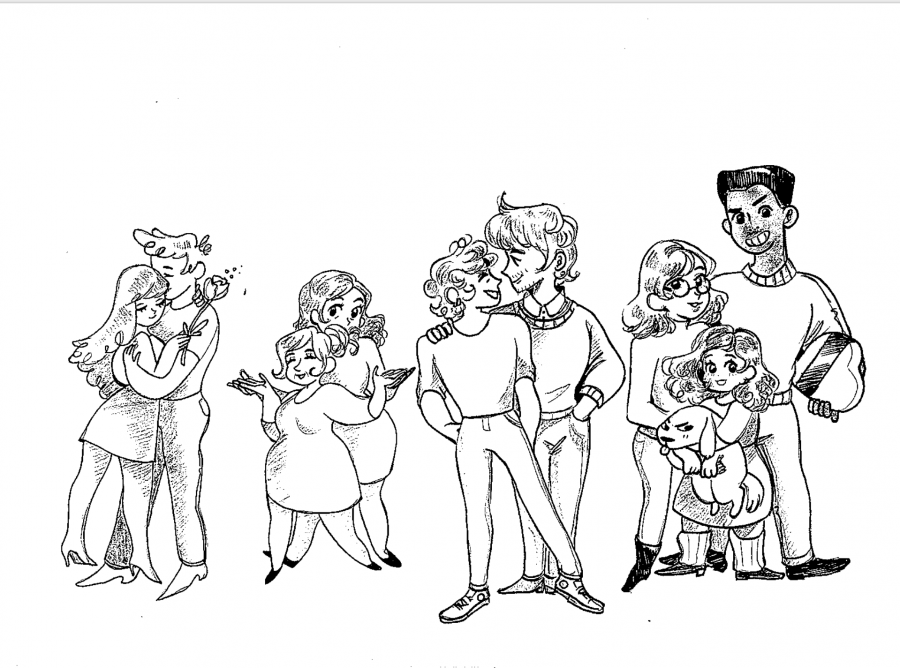By Jessie Kuenzel
Staff Writer
Imagine it: a class whose subject matter is relevant and relatable to all students, in all majors, and will be for the rest of their lives.
It might sound impossible—the type of class that exists only in the idle daydreams of students deciding on next semester’s courses—but those who have taken COMM 265, “Editing Copy and Proof,” know there is indeed a class here at Simmons that teaches valuable skills for everyone, regardless of profession or discipline.
The ultimate goal of any college-level class is to teach skills that students can use both over the course of their academic lives, and then in their chosen careers after college.
It might seem odd to think that a 200-level communications class could really be useful to students across the board, but “Editing Copy and Proof” truly is.
There is virtually no job that exists in today’s world that will not require writing at some point. “Editing Copy and Proof,” taught by Professor Sidney Berger, instills good grammar and syntax practices in its students—a skill that, regardless of field, is necessary to produce high-quality work.
More in-depth and infinitely more understandable than those convoluted elementary school lessons on comma usage and sentence structure, “Editing Copy and Proof” leaves students with a strong understanding of the many intricacies of English grammar. Students will find that it becomes much easier to focus on the content of what they are writing, rather than worrying about the proper usage of a hyphen versus an em-dash.
Currently, “Editing Copy and Proof” is only open to students who have taken “Writing and Editing Across the Media” (COMM 122), and is only required for students in majors within the Communications Department.
However, as writing is a skill that is employed almost daily by every single student at Simmons, and most likely will continue to be through the course of their professional lives, it seems almost absurd that a course like “Editing Copy and Proof” doesn’t at least fill a mode.
Between filling modes, finishing majors, and picking up minors, students often just don’t have the time in their schedules to add an unrelated course—regardless of how interesting or useful it might be. Students outside of the Communications Department deserve the chance to take this course.
Whether the ultimate goal is to be a writer, journalist, nurse, chemist, or teacher, there is no denying the value of knowing how to properly arrange your sentences.





















